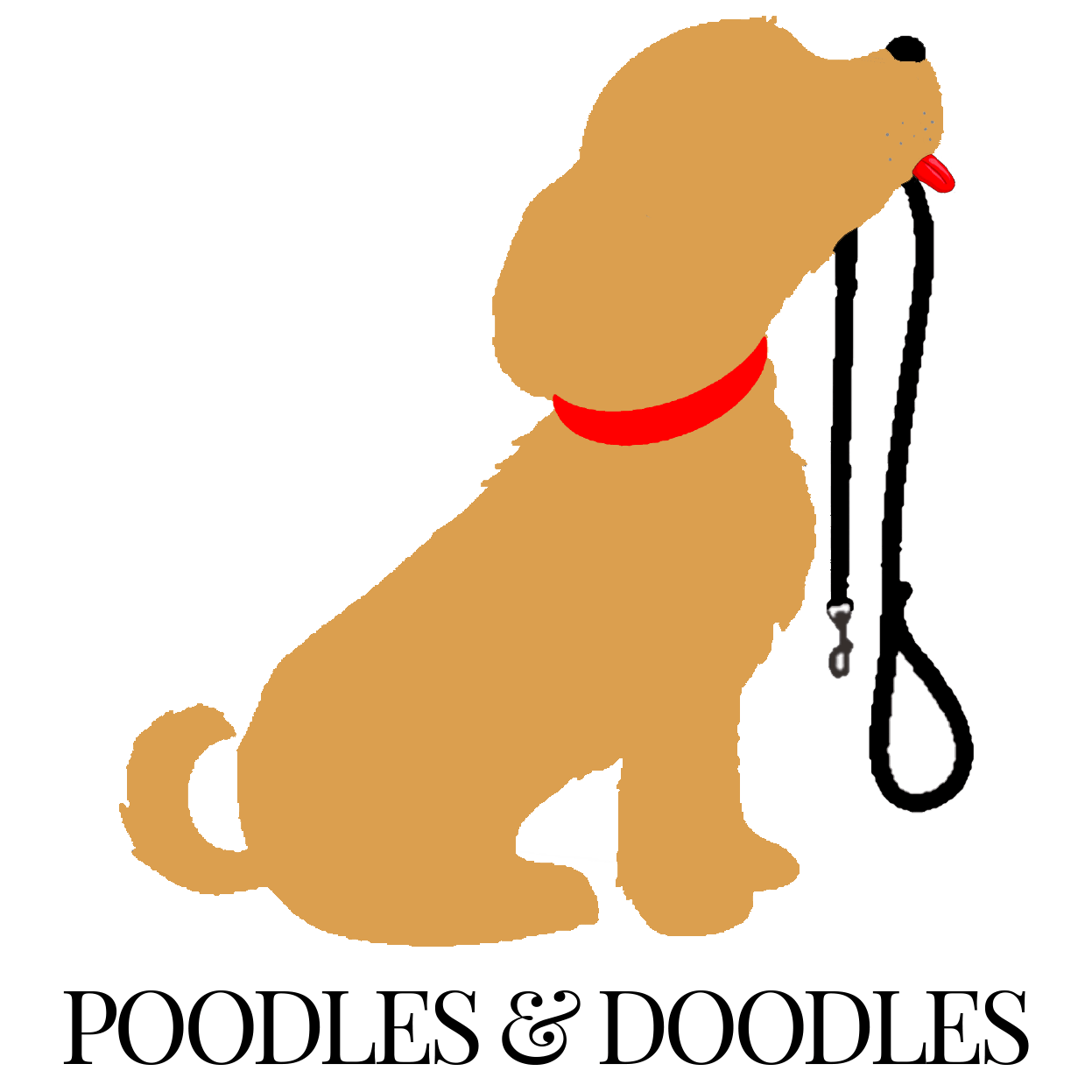Puppy Care
On this page you'll find easy instructions for how to care for your new puppy. If you ever have any questions about the puppy you adopted from us, don't hesitate to call us. If your puppy is in distress or has eaten something s/he shouldn't, contact your veterinarian immediately.
Puppy Food and Feeding Schedule:
Purina Pro Plan Puppy is what your new puppy is currently eating. If your pup is 4lbs or under, wetting the dry food with warm water and letting it sit for 15 minutes until it softens, will be easier for the puppy to chew and digest. However, as your dog grows, you’ll want to avoid wetting the dry kibbles so his/her poop is completely solid.
You are more than welcome to slowly adjust the young pup to a different brand of puppy food, as long as it’s specifically for puppies and is NOT grain-free. They need the grains and—research has proven—grain-free dog food can lead to heart complications.
Your new puppy will need to eat four (4) times a day, in 3–4 hour intervals. For example: 9am, 12:30pm, 4pm, and 7:30pm. Two handfuls of dry or wet food should suffice, however, if your pup is sniffing the bowl or floor for more, please don’t hesitate to add another handful. They are growing and need an adequate amount of food and exercise.
Potty Training:
Indoor Potty Training:
From my experience, potty training requires attentiveness, repetition, and patience. Your pup should be in a gated or closed off section of your home (not allowed to roam free). Four (4) or more pee wee pads should be in one corner of their “area,” away from their food and water. About 20–40 minutes after eating, your puppy will need to relieve themselves (walking in circles is usually an indication). Move them to the pads if they are not already standing on top of them and congratulate them with praise and/or a treat immediately. Do this every time they eliminate on the pee wee pad. Positive reinforcement helps puppies learn faster.
Outdoor Potty Training:
It is important to take your new puppy outside every 1–2 hours, especially 20–40 minutes after eating. Use praise, treats, and verbal cues such as “Go Potty” whenever he/she releases. Consistency is key.
Don't Scold Your Puppy!
Scolding or yelling at your young pup will only scare them, which will result in your dog holding their bladder and releasing when you are not looking. If they miss the pee wee pad, move them to the correct area with verbal praise.
Vaccinations / Dewormings:
At the time of pickup, your new pup will be up-to-date with vaccinations and dewormings. All paperwork will be provided with our veterinarian's contact information. Until your puppy is fully vaccinated, it is important you minimize the amount of time your puppy spends with other dogs, feces, and human bodily fluids to prevent him/her from contracting a virus or fleas/ticks.
Items Your New Puppy Will Need
Purina Puppy Dog Food:
(You can change this brand as long as the food is for puppies). Pedigree canned puppy food is great as well. You can mix the dry food in with the wet food if you want to.
Do NOT use “Grain Free” dog food!
Research has shown grain-free dog foods lead to heart complications (dogs need the grains). Feedings should be scheduled every 3–4 hours throughout the day. Young dogs should not go longer than 3–4 hours without eating as puppies can become hypoglycemic, which can negatively affect your pup, i.e., dizziness, vomiting, fatigue, etc.
Pee Wee Pads:
Consistency and repetition are crucial for indoor potty training. Try to keep the used pee pads on the floor for a few hours so they get a scented clue where they should continue to relieve themselves.
Doggie Bed:
Any comfy puppy bed will do. Surprisingly, your pup might prefer to sleep on the floor so a soft blanket would be an additional item you can purchase.
Chew Toys:
Puppy toys and balls are great but chew toys are key! Bully Sticks are an awesome (but smelly) way to keep your new pup occupied for quite some time. It is important to have water around as the sticks can be dehydrating. Young dogs teethe for months and will begin to gnaw on your household items if they do not have chew toys available.
Additional Items:
- Dog Bowls
- A Blanket
- Extra Toys
- Leash
- Collar
- Crate
